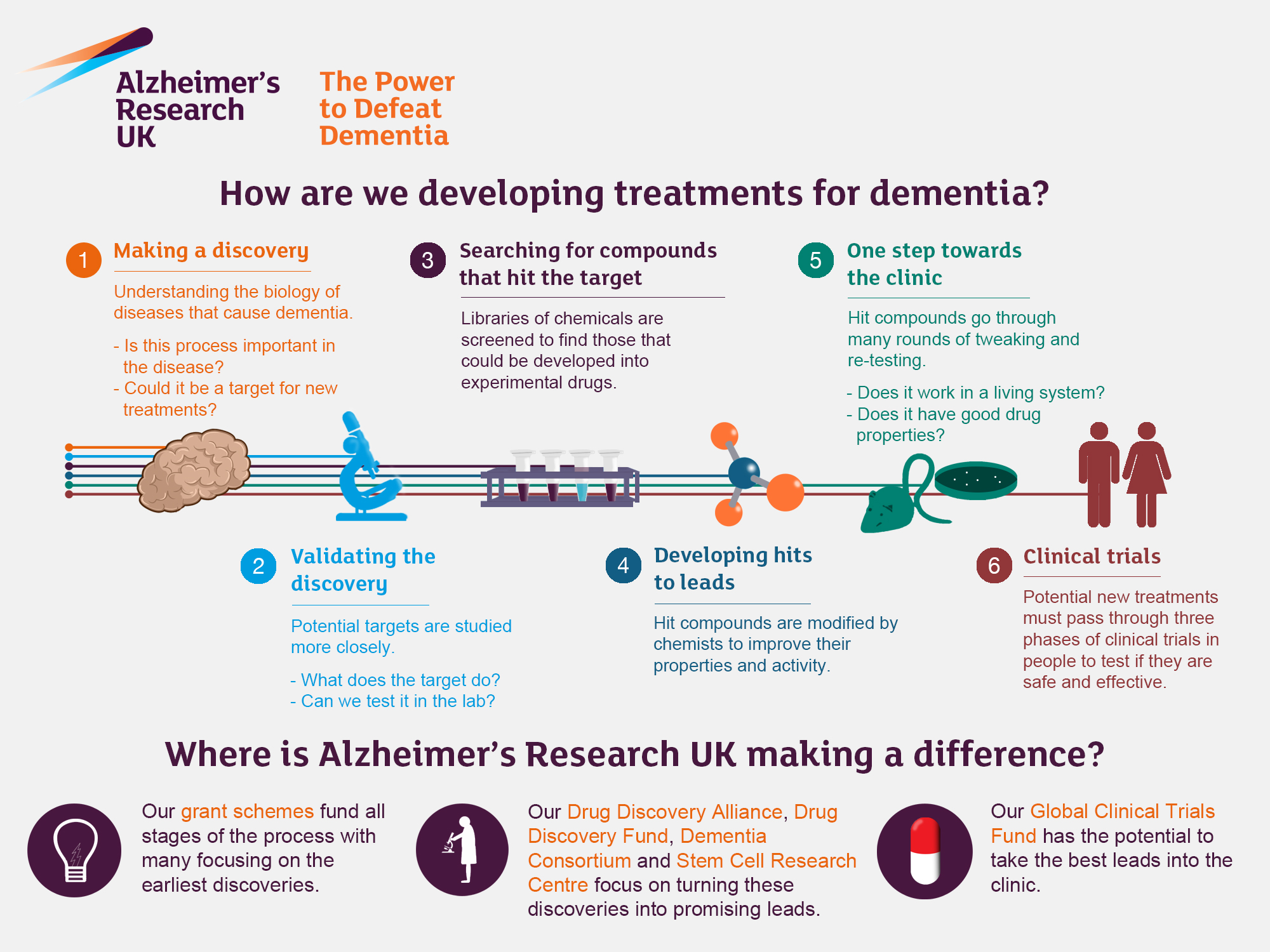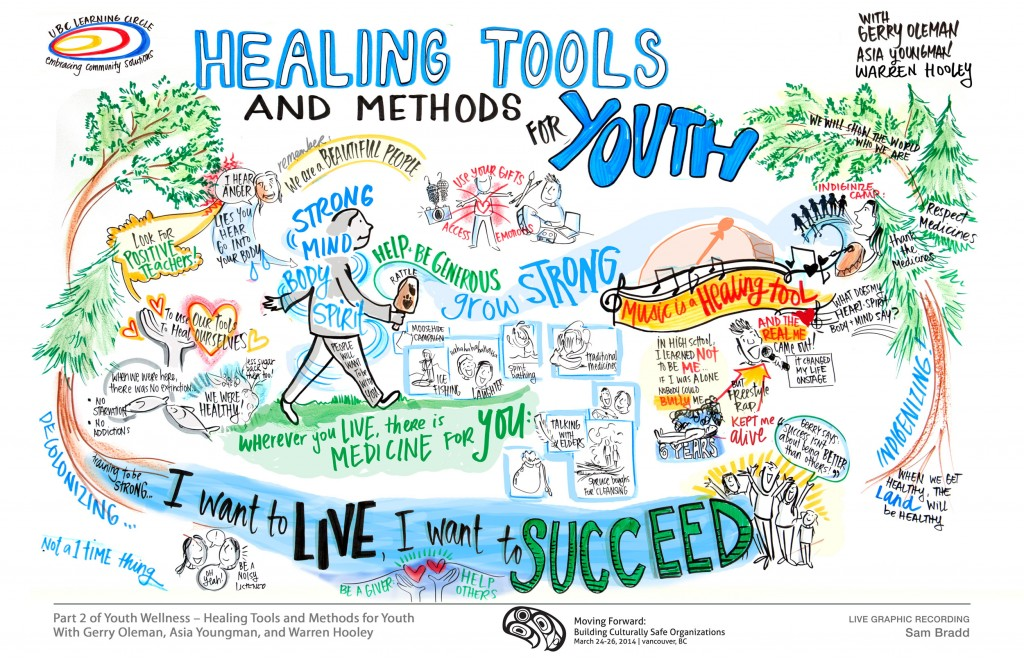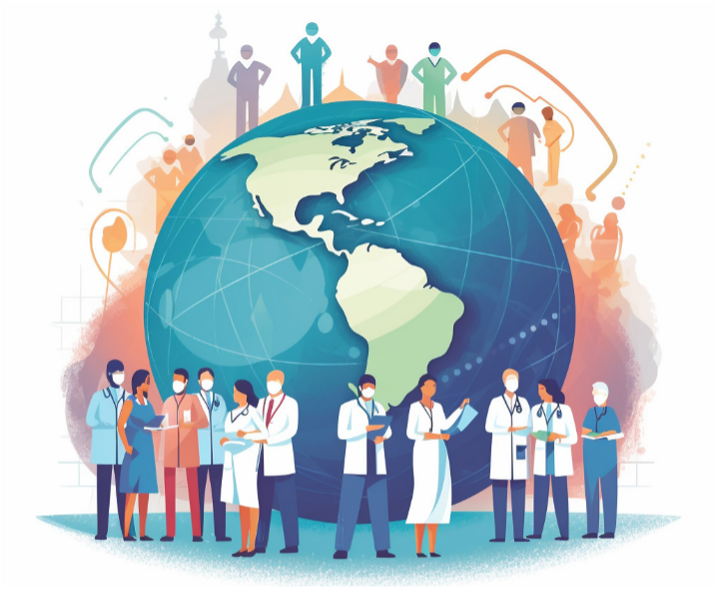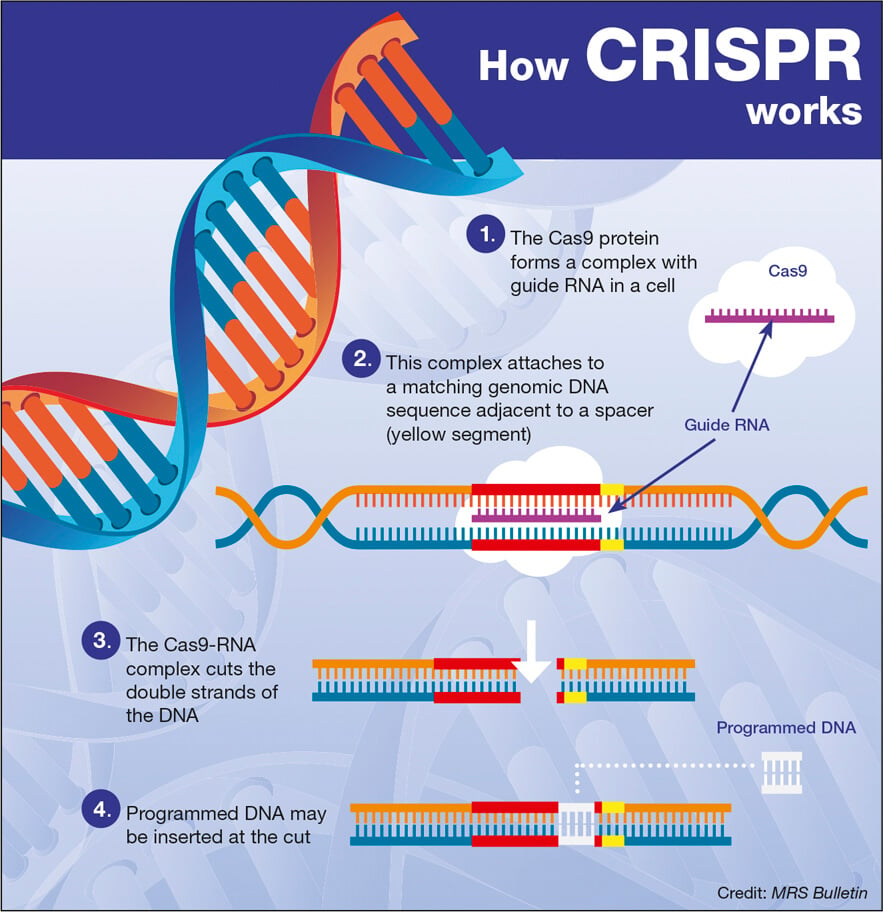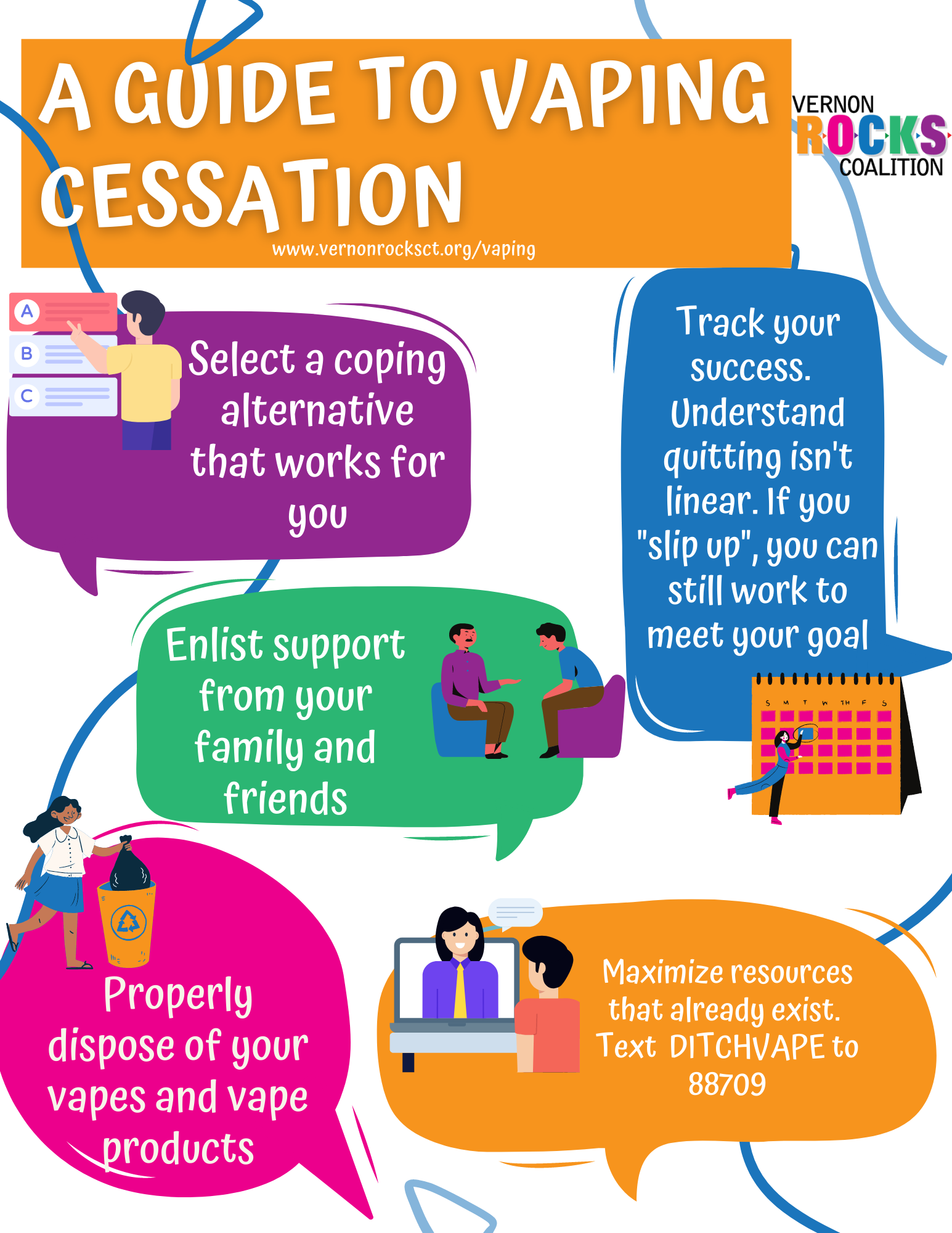Month: April 2025
Alzheimer’s Research: New Discoveries from Beth Stevens
Alzheimer’s research stands at the forefront of efforts to combat one of the most debilitating neurodegenerative diseases affecting millions.Neuroscientist Beth Stevens has revolutionized our understanding of microglial cells, the brain’s innate immune system, and their role in Alzheimer’s disease.
Youth Well-Being: New Insights from Global Flourishing Study
Youth well-being is a critical aspect of societal growth, as evidenced by recent findings from the Global Flourishing Study, which emphasizes the importance of well-being for young individuals.This comprehensive research indicates that financial security and happiness do not guarantee youth flourishing; instead, they highlight the pressing issues surrounding youth mental health.
Global Health: Insights from Atul Gawande’s Experience
Global health is at a critical juncture, as highlighted by renowned surgeon and author Atul Gawande during his tenure with USAID.His insights shed light on the substantial void left by the dismantling of this vital agency, which has historically played a crucial role in strengthening health infrastructure around the world.
Impact of Funding Cuts on Medical Research: A Crisis Ahead
The impact of funding cuts on medical research resonates deeply across the healthcare landscape, threatening not only the advancement of science but also the fundamental safety of patients involved in clinical trials.With significant reductions in medical research funding, particularly from sources like NIH research grants, there is a growing risk to essential oversight mechanisms, such as those provided by Institutional Review Boards (IRBs).
CRISPR Gene Editing: Balancing Promise and Ethical Dilemmas
CRISPR gene editing has revolutionized the field of genetics, offering unprecedented possibilities for curing genetic disorders and enhancing our understanding of life sciences.As this powerful technology comes to the forefront, it raises significant genetic modification concerns, particularly regarding its ethical implications.
Vaping Cessation: FDA-Approved Pill Aids Teens in Quitting
Vaping cessation is becoming an increasingly important topic as statistics reveal a rising trend of nicotine usage among teens and young adults.Recent clinical trials indicate that the FDA-approved medication varenicline is proving to be a game-changer, helping individuals in this demographic quit vaping more effectively than traditional methods.
Bile Imbalance and Liver Cancer: Key Findings Unveiled
Bile imbalance linked to liver cancer is an emerging area of concern in health research, particularly when examining hepatocellular carcinoma (HCC), the most prevalent form of liver cancer.Recent studies reveal that disruptions in bile acid metabolism can significantly contribute to liver diseases by prompting inflammation and fibrosis, which may escalate into cancerous growths.
Gene Editing: Revolutionizing Treatment for Genetic Diseases
Gene editing is revolutionizing the landscape of modern medicine, offering hope to millions affected by genetic diseases.This groundbreaking technology, including advanced forms such as base editing and prime editing, enables precise modifications to the DNA sequence that can potentially correct harmful mutations.
Maternal Mortality Rate: U.S. Faces Alarming Patterns
Maternal mortality rate is a critical public health issue, and in the United States, it has reached alarming levels, surpassing that of many high-income countries.Alarmingly, a recent study revealed that more than 80 percent of pregnancy-related deaths are preventable, yet the maternal mortality rate continues to rise.
Boston Marathon Psychology: Insights from the Lead Psychologist
The psychology surrounding the Boston Marathon is as complex as the race itself.Each year, thousands of runners tackle the grueling 26.2-mile course, driven by deeply personal motivations that often intertwine with mental health and running.
